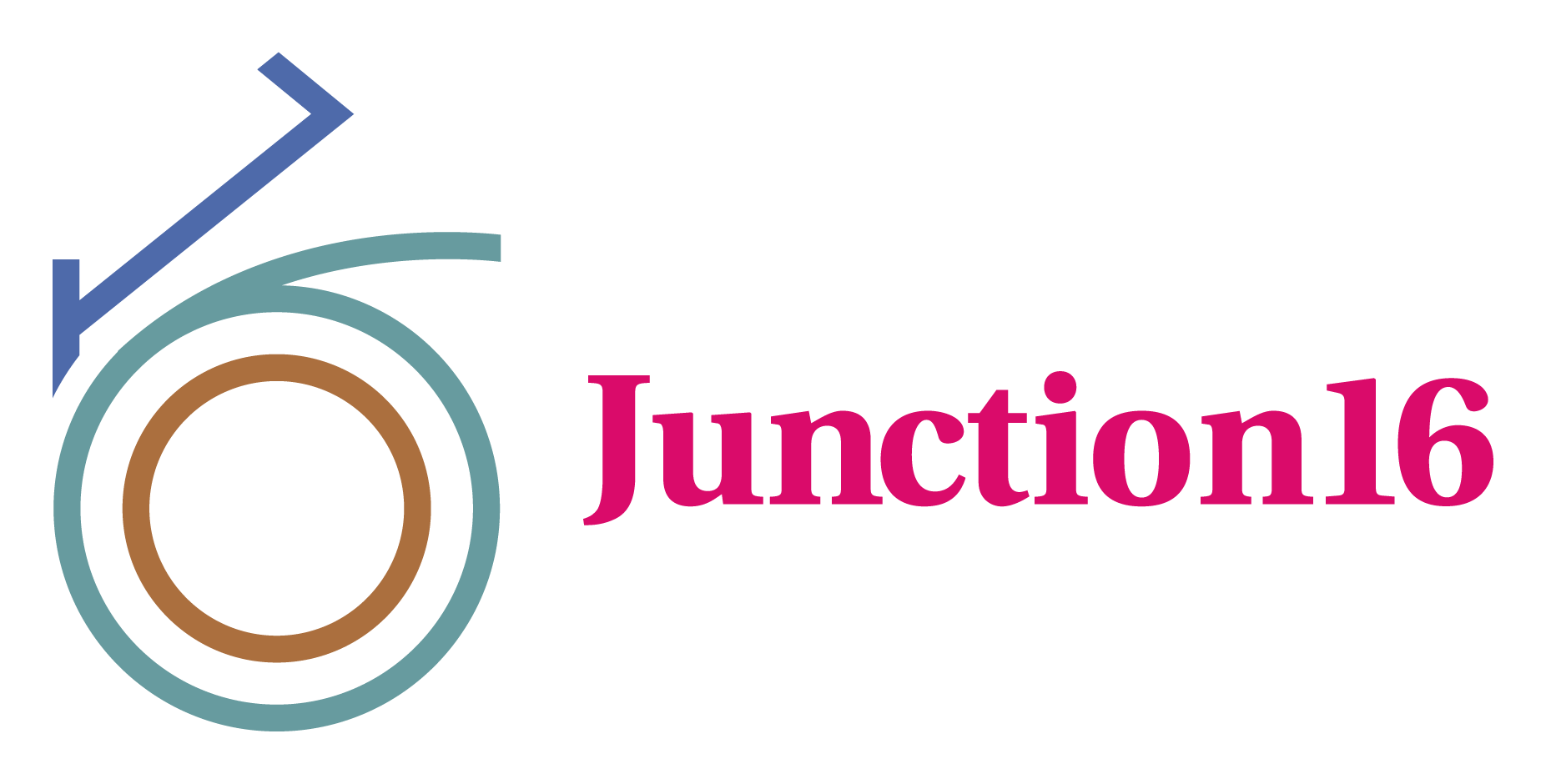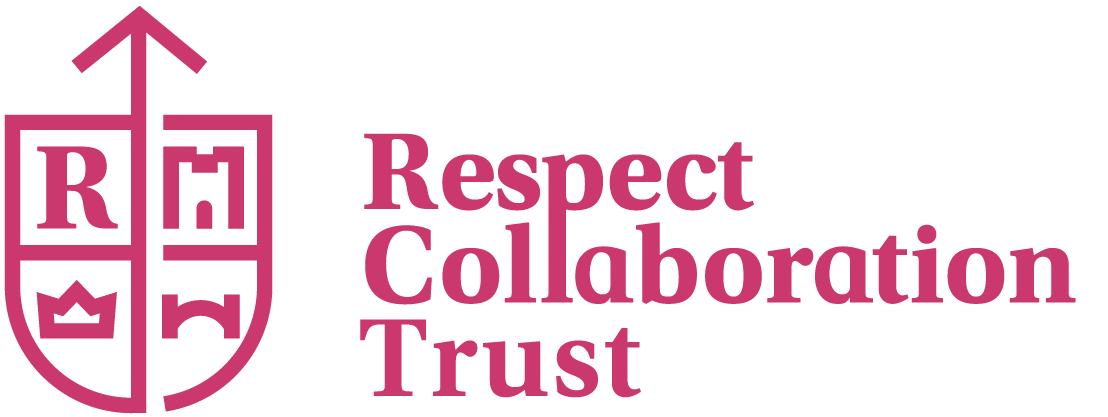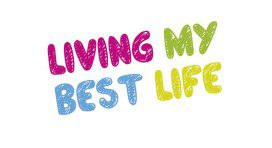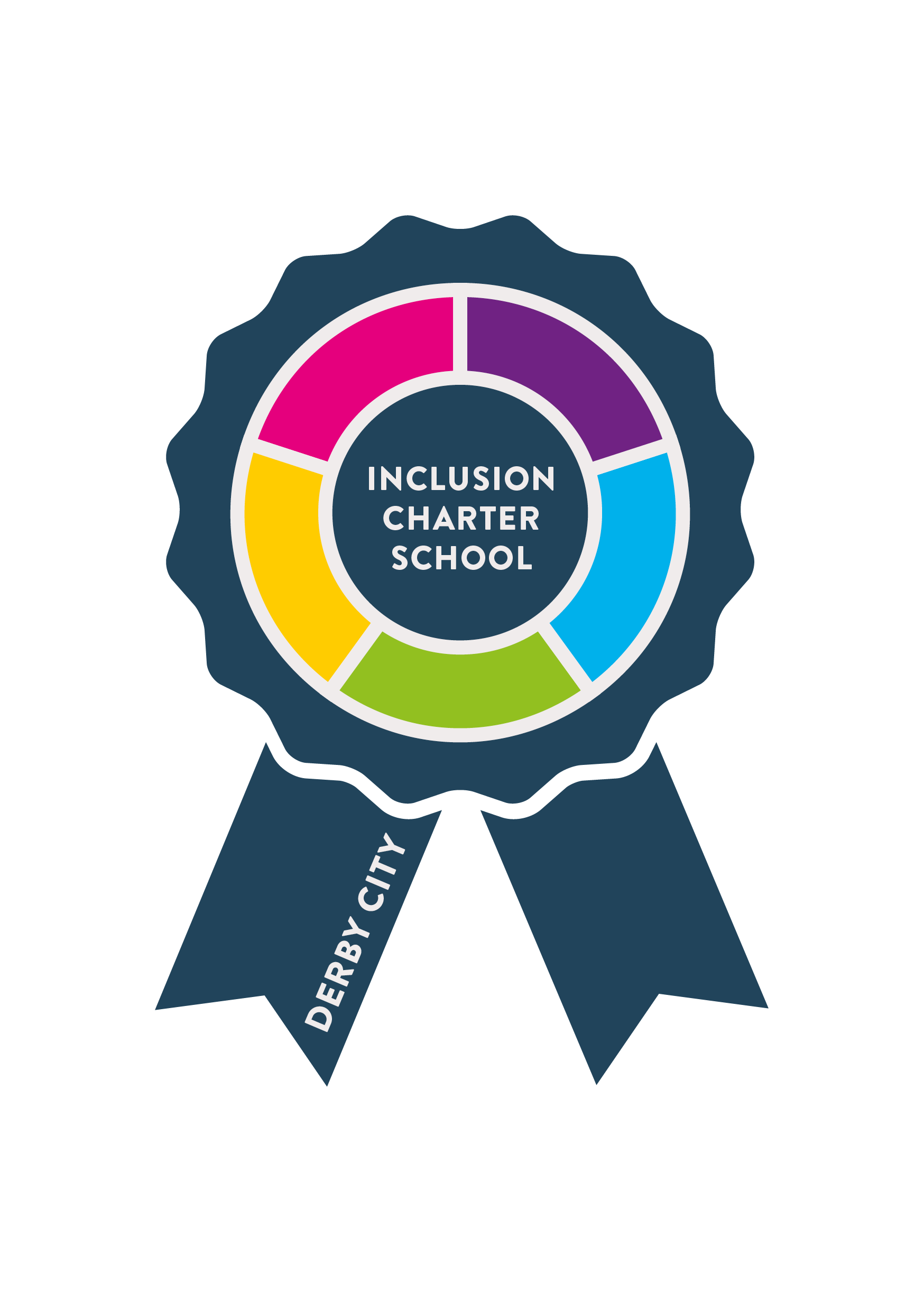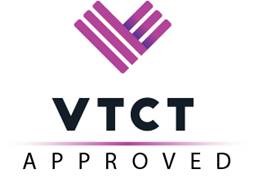
Equine Facilitated Psychotherapy (EFP)
Engaging in Equine Facilitated Psychotherapy (EFP) at Pony Partnerships involves working with a therapist who has a psychotherapy qualification. This therapy may focus on the past and consider trauma, tailored to meet the individual needs of the client. The therapeutic placement begins with an assessment period and collaborative case formulation, followed by plan and goal setting. The pace and outcomes are determined by the therapeutic team, comprising the therapist and the client. The therapist can also be part of a multi-disciplinary team to address the client’s broader support needs.
Unlike traditional room-based therapy, which can feel overwhelming due to face-to-face interactions, EFP at Pony Partnerships offers a unique flexibility. Therapy is designed to suit the client, allowing for creative approaches that build relationships with therapists, animal partners, and the outdoor environment.
Our therapists work alongside a team of five horses, four sheep, four goats, and a cat. This collaboration helps clients explore different ways of thinking, being, and relating, enhancing their understanding of proprioception, interoception, and neuroception. The principles of building a relationship with a horse apply to healthy human relationships. The non-judgmental response of horses can make it easier for clients to recognise patterns in their interactions with people. This insight supports clients in addressing and moving through past or present damaging circumstances, understanding their impact on current relationships, and making necessary changes for healthy, fulfilling relationships in the future.
Tasks around Equine Care are used as a means of learning about the self and others, attuning to the client’s own sensory needs and those of the horses. This helps clients understand attachment and trauma responses, and develop blame-free strategies and explanations for behaviors. Ultimately, EFP at Pony Partnerships provides a supportive and adaptive environment for personal growth and healing.
Equine Faciliatated Learning (EFL) – Enrichment
Sessions are client-led, beginning with an assessment that allows clients to explore the site and familiarise themselves with the team, which includes five horses, four sheep, four goats, and a cat. Clients are encouraged to build relationships with the entire team and the environment.
This approach is structured around six pillars of learning: Teamwork, Responsibility, Creativity, Resilience, Communication, and Kindness. Learning outcomes are set in line with these pillars, with activities that include tasks around equine care. These tasks are used as a means of learning about oneself and others, attuning to one’s own sensory needs as well as those of the horses, and developing blame-free strategies and explanations for behaviours.
To build relationships with the horses and complete activities safely, clients must develop additional social and emotional skills. Therefore, sessions are scaffolded around acquiring these skills, with a focus on equine care activities. Enrichment and engagement are key outcomes, and flexibility in activities allows young people to build their tolerance for new and potentially anxiety-inducing activities.
Equine Facilitated Learning (EFL) focuses on self-development and experiential learning, emphasising the present moment and future applications of learning to life. For repeated enrichment placements for KS4, there would be an audit of previous achievements and a collaborative plan based on the existing scheme of work. External visits, such as to feed stores, different equine settings, and Broomfield College, could be planned. The skills needed for these visits would be scaffolded, and the team would support this through embedded learning at our site
Venue Address
Off Heage Lane, DE65 6LS, (Main Gate What3words – Tigers.Tweed.Client)
Website: https://www.ponypartnerships.com
What Should I Wear?
Many of the activities at Pony Partnerships will take place outdoors. The nature of the provision involves working with horses and many other animals so it is important that students wear clothing that is suited to the weather conditions. It may be a good idea to bring additional items of clothing or a change of clothes. There are indoor spaces that can be used should the weather be particularly poor.
Useful Resources and Links
Some of the things you might do while you’re with us include:
• Learning about animals
• Caring for animals
• Feeding animals
• Training animals
• Touching and petting animals
• Making treats for animals
• Grooming horses
• Taking horses for a walk
• Playing with the goats
• Spending time outdoors
• Exploring nature
• Building fires
• Repairing things
• Land management
• Creative activities
• Playing games
Meet the Team
Danielle Mills – Director, EFP& EFL Therapist and DSL
Naomi Worral –
EFP & EFL Therapist
Erika Ravaszova –
EFL
Katy Parkinson –
EFP & EFL
Charlotte Jordan –
EFP & EFL
